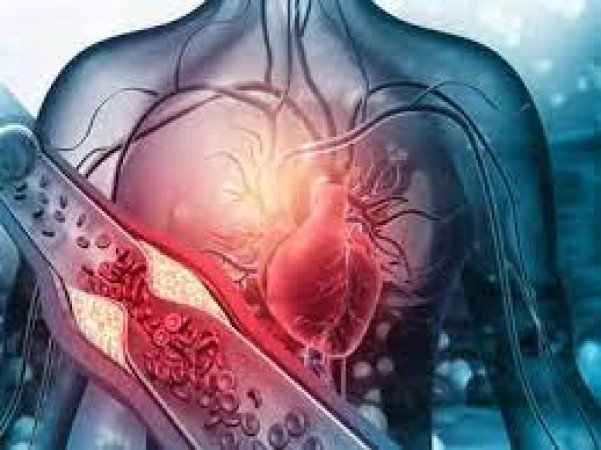
In the fast-paced modern world, where stress, unhealthy eating habits, and sedentary lifestyles have become the norm, the concern for heart health has never been more crucial. Cholesterol, a waxy substance found in the blood, plays a significant role in heart health. While it's essential for various bodily functions, an excessive amount of cholesterol can lead to dire consequences, including an increased risk of heart attacks. In this article, we'll delve into the relationship between elevated cholesterol levels and heart attack risks, shedding light on important warnings that should not be ignored.
Cholesterol is a fat-like substance that your body needs to build healthy cells, but having too much of it can be detrimental. It comes in two main types: low-density lipoprotein (LDL) and high-density lipoprotein (HDL). LDL cholesterol, often referred to as "bad" cholesterol, can build up in the walls of your arteries, leading to atherosclerosis, while HDL cholesterol, the "good" kind, helps remove LDL from the bloodstream.
Cholesterol is a building block for the body's cells and hormones. However, excessive LDL cholesterol can form plaque in the arteries, narrowing them and restricting blood flow. This can eventually lead to heart diseases, heart attacks, and strokes.
Atherosclerosis, the buildup of plaque in artery walls, is a primary contributor to heart attacks. When LDL cholesterol accumulates, it triggers inflammation, causing arterial walls to become less flexible and narrowed.
Elevated cholesterol levels can lead to the formation of blood clots. If a clot forms in a narrowed artery, it can block blood flow entirely, resulting in a heart attack.
High cholesterol levels are often associated with hypertension (high blood pressure), which strains the heart and increases the risk of cardiovascular events.
Regular health checkups are crucial for monitoring cholesterol levels. High cholesterol itself doesn't cause symptoms, so a blood test is the only reliable way to detect it.
Maintaining a healthy lifestyle can help manage cholesterol levels. Incorporating a balanced diet, rich in fruits, vegetables, and whole grains, along with regular exercise, can significantly lower the risk of heart attacks.
In some cases, lifestyle changes alone may not suffice. Doctors might prescribe cholesterol-lowering medications to control levels effectively. In the journey towards heart health, understanding the intricate relationship between cholesterol levels and the risk of heart attacks is paramount. By recognizing warning signs and adopting a proactive approach through lifestyle changes and medical guidance, individuals can significantly reduce their risk of falling victim to heart-related ailments.
From Pizza to Biryani: A Journey through Global and Indian Cuisine
Stale Rotis: Your Unexpected Allies in Diabetes Management
Boost Digestive Health with Our Tasty Broccoli Carrot Salad Recipe